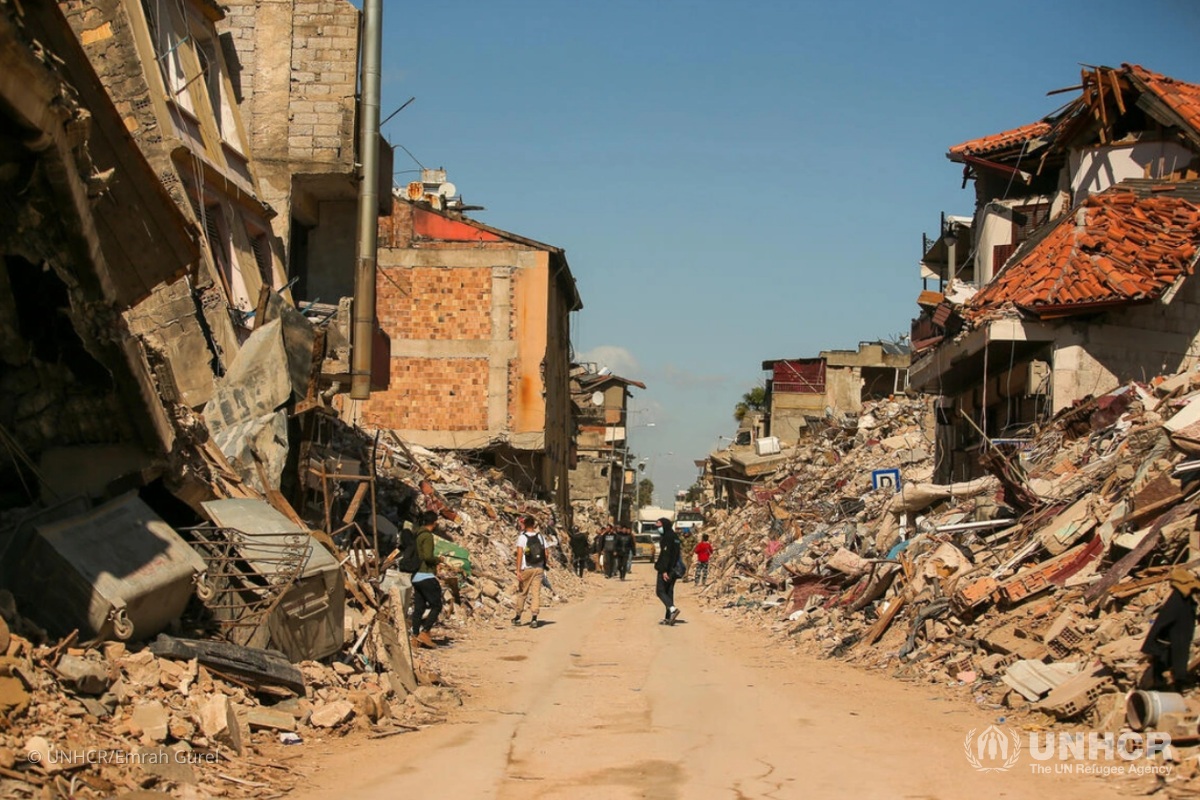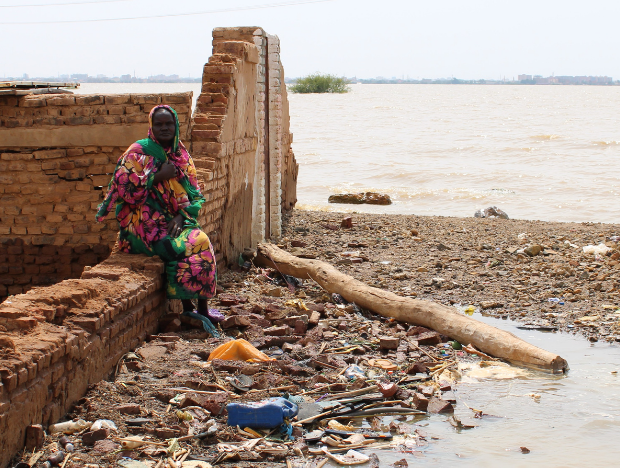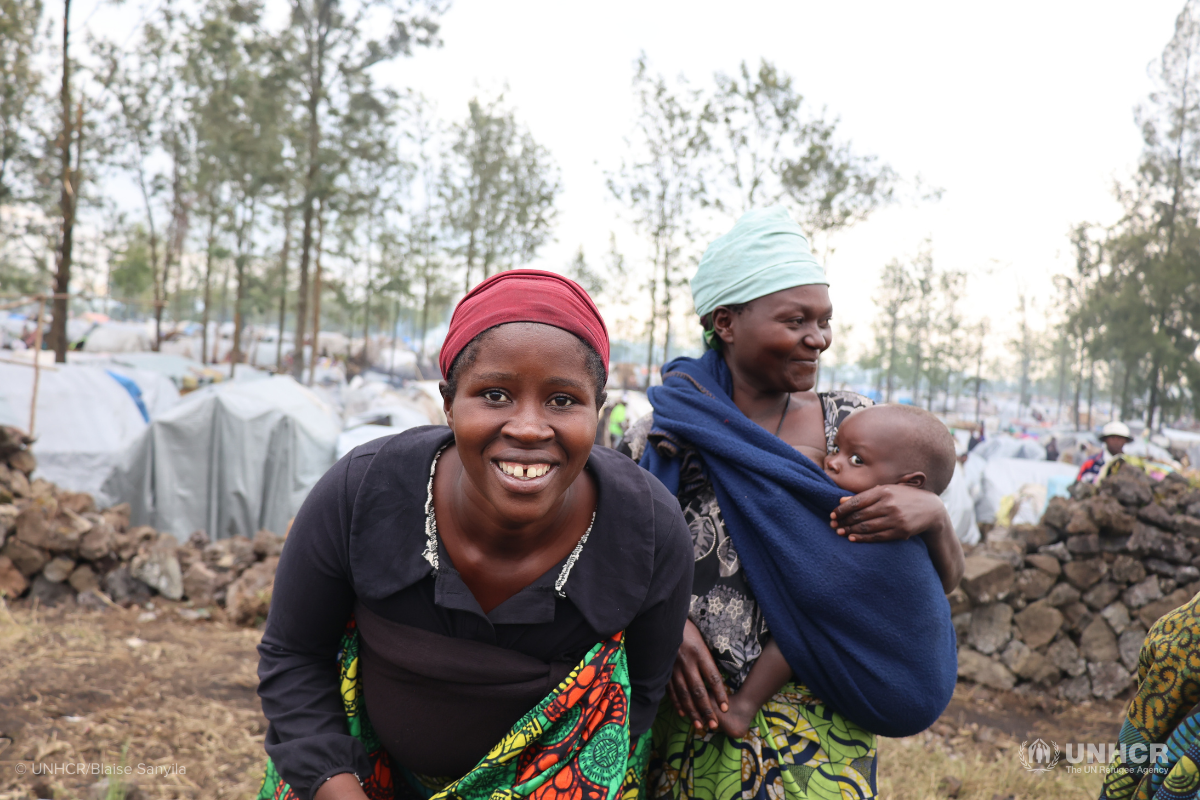A crisis that can no longer be ignored.
We call on all governments to take urgent and decisive action to combat climate change. The human cost of climate change is huge, but its threat is far greater for those already forced to flee their homes. Climate change poses new threats, dramatically amplifies risks, forces people to flee and multiplies the vulnerabilities of those already displaced. For 80 million refugees and displaced people worldwide, climate change is the greatest threat in a world already marred by violence and conflict.
In 2019, a staggering 1,900 weather-related disasters caused unimaginable suffering for 25 million people in 140 countries and territories. This figure is the highest since 2012 (IDMC).
For people already displaced by conflict and violence, climate change is an emergency on top of an emergency.
We are already seeing more frequent and intense disasters, wildfires, flooding, droughts. These disasters are disrupting food security, displacing families, destroying livelihood and fueling conflict.
Almost all of the world’s refugees and internally displaced people come from countries that are the most vulnerable and least ready to adapt to climate change. The added strain of climate change limits the possibilities of return and could exacerbate tensions among communities over already limited resources – putting peaceful coexistence at stake.
The climate crisis repercussions can often be silent, but they are nonetheless devastating.
We know the climate emergency demands collective action. The effects will have catastrophic consequences for millions of people around the world.
For the past 70 years, UNHCR has been on the frontline of conflict, protecting people forced to flee their homes. Now this has also become the frontline of climate change. UNHCR is on the ground protecting families and helping to support, prevent, prepare, and build resilience in the face of this emergency. But we all need to step up our efforts.
According to the latest research, without dramatic action to mitigate climate change and significantly reduce the risk of climate disasters, by 2050, 200 million people will be in need of humanitarian assistance annually due to the effects of climate change.
For these reasons, we ask governments to urgently promote measures to combat climate change and thus prevent the increase in forced displacement and the growing vulnerabilities of those already forced to flee, in accordance with the requests of the UN Secretary General. The human cost of inaction is too great. We cannot afford to wait.


